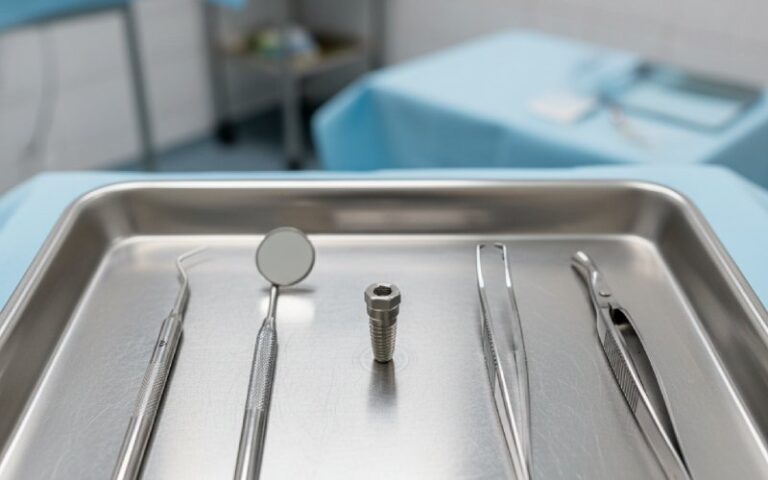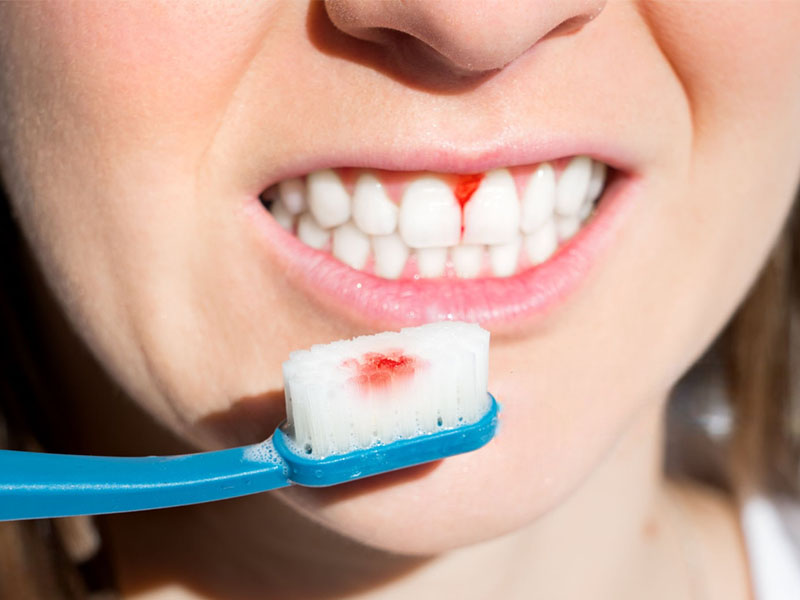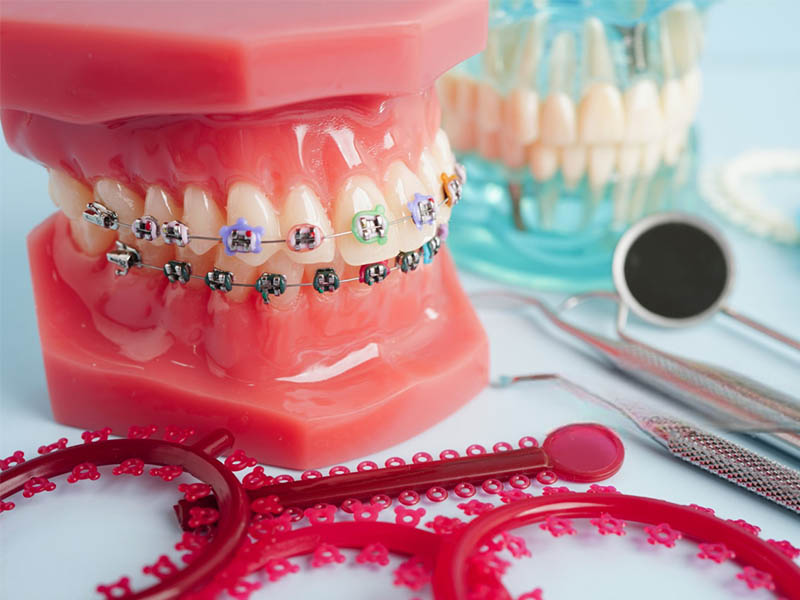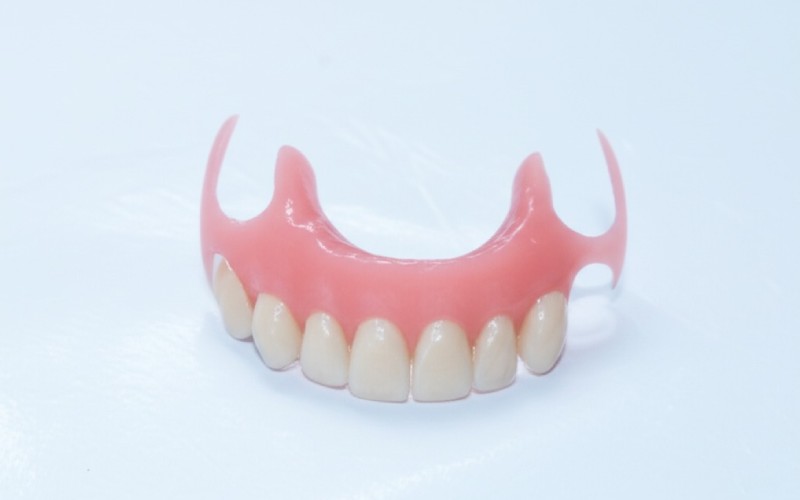
How to Use Mouthwash and Gargle for a Healthier Throat and Mouth
A quick gargle and rinse can do more for your mouth and throat than you might think. This article is for you if you want to understand how to use mouthwash correctly. I’ll break down what these products are, what’s in them, and how to choose the right one to promote better dental hygiene.
Table of Contents
What Is the Real Difference Between a Mouthwash and a Gargle?
Many people use the words mouthwash and gargle to mean the same thing. But they are slightly different actions. A mouthwash is a product you use to rinse your entire mouth. You swish the liquid around to clean your teeth, gums, and tongue. The goal is to reach all the spots your tooth brush might miss. It’s a key part of good oral hygiene.
A gargle, on the other hand, is when you take a liquid and hold it in the back of your throat. You tilt your head back and use air from your lungs to make it bubble. This action is meant to wash the very back of your mouth and the upper part of your throat. When you have a sore throat, a good gargle can help bring some relief. So, you can gargle with a mouthwash, but the action targets a different area.
Why Should I Use a Mouthwash in My Daily Routine?
You might ask, “I already brush and floss. Do I really need to use mouthwash?” I believe the answer is yes. Brushing is great for cleaning the surfaces of your tooth. But it only reaches about 25% of your mouth. What about the rest? A good mouthwash can get into all the nooks and crannies. It helps to eliminate germs that cause plaque, gum problems, and bad breath.
Think of it this way: brushing is like sweeping the floor. Flossing is like cleaning the corners. Using a mouthwash is like mopping the whole room. It gives you a full, deep clean that you can feel. It helps refresh your breath and gives you confidence. A mouthwash is a simple, quick step that adds a huge benefit to your daily dental care. A good rinse can help prevent many common dental problems before they start.
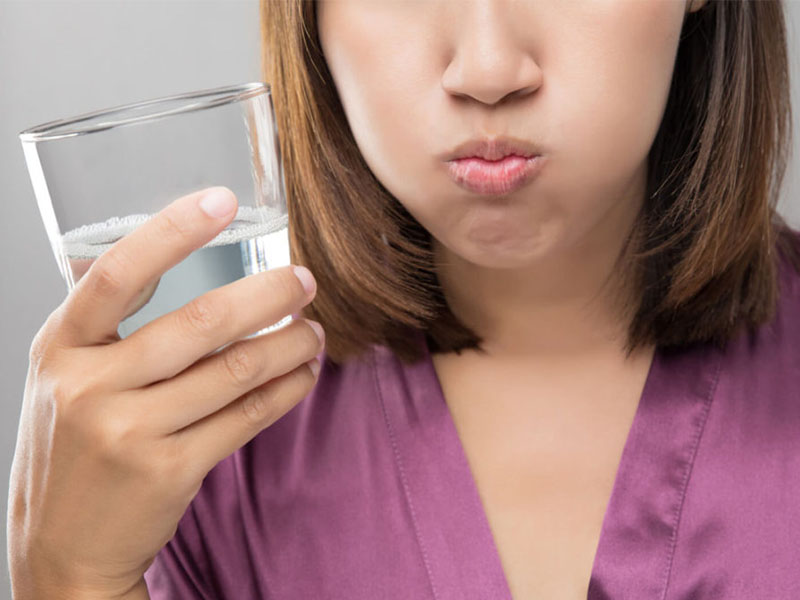
What Are the Key Active Ingredients in a Good Mouthwash?
Not all mouthwash is created equal. The secret is in the active ingredients. These are the parts of the formula that do the real work. One of the most common is fluoride. Fluoride is a mineral that helps strengthen your tooth enamel and can prevent tooth decay. If you are worried about getting a cavity, a mouthwash with fluoride is a great choice. This substance makes your teeth more resistant to acid attacks from plaque bacteria and sugars.
Other important active ingredients work as an antiseptic agent. An agent like cetylpyridinium chloride can kill bacteria and help reduce plaque. Some prescription mouthwash products may even contain chlorhexidine, a very strong antibacterial agent used for serious gum issues. These ingredients are designed to eliminate harmful germs, not just cover up odor. They are a key part of any therapeutic mouthwash.
How Do Essential Oils Benefit Oral Care Products?
Many popular mouthwash brands use essential oils. For example, Listerine has a famous formula that uses four key essential oils. These include thymol, menthol, eucalyptol, and methyl salicylate. These oils are not just for flavoring. They have a powerful property that helps kill germs. Thymol, which comes from thyme, has a strong antiseptic property.
These essential oils are a big reason why this type of mouthwash works so well. The eucalyptus oil extract, for instance, has an antibacterial effect. When you use mouthwash with these ingredients, you are getting the power of nature to help your oral and dental health. They are often found in hydroalcoholic solutions, which means they are mixed with alcohol and water. This helps the oils do their job to fight plaque and keep your mouth healthy. They also provide a pleasant taste.
Are All Mouthwash Products the Same?
It’s easy to get confused by the wall of mouthwash bottles at the store. The key is to know there are two main types. The first is cosmetic mouthwashes. These are mainly designed to give you a fresh feeling and a nice mint taste. They can temporarily mask bad breath, but they don’t have an active ingredient to kill the germs that cause it. They are good for a quick refresh, but they don’t offer a lasting health benefit.
The second type is therapeutic mouthwashes. These are the ones that really improve your oral health. They contain an agent like fluoride or an antiseptic ingredient. A therapeutic mouthwash is made to help control or prevent conditions like gingivitis, plaque buildup, and tooth decay. When you choose a mouthwash, look for one that is therapeutic. It will say on the bottle that it helps prevent plaque and gingivitis or fights cavities.
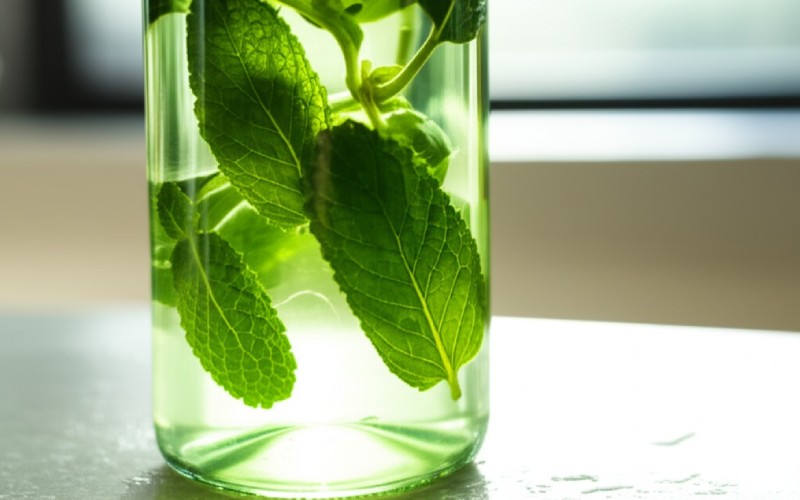
How Do I Choose the Right Mouthwash Liquid for Me?
Choosing the right mouthwash depends on your personal needs. First, think about your main goal. Are you trying to prevent a cavity? Look for a mouthwash that contains fluoride. Are you worried about your gum health or inflammation? Find an antiseptic mouthwash that kills germs. Some people want help with teeth whitening. There are special formulas with an ingredient like peroxide for that.
Next, consider the taste and feel. Some people find that a mouthwash with alcohol causes a burning feeling. If you have a sensitive mouth, an alcohol-free mouthwash is a great option. These are just as effective and much gentler. You can find a brand you like that offers an aqueous solution without the burn. The color of the liquid doesn’t matter, but the ingredient list does. Read the label to make sure the mouthwash you choose has the right stuff for you.
Can a Mouthwash Really Prevent Plaque and Gingivitis?
Yes, it absolutely can. This is one of the biggest reasons to use mouthwash. Plaque is that sticky film of bacteria that is always forming on your tooth. If you don’t remove it, it can harden into tartar and lead to gum disease, also called gingivitis. A good therapeutic mouthwash with antibacterial agents can significantly reduce the amount of plaque in your mouth.
The mouthwash works by killing the bacteria and viruses that form the plaque. When you rinse for a full 30 seconds, the liquid reaches between teeth and along the gum line where germs hide. This helps to eliminate the germs before they cause trouble. Using an antiseptic mouthwash every day, along with brushing and flossing, is a powerful way to keep your gums healthy and prevent the redness and swelling of gingivitis. It’s an essential part of complete hygiene.
What Is the Correct Dosage and Way to Use Mouthwash?
Using mouthwash seems simple, but there is a right way to do it. First, check the direction on the bottle. Most will tell you the correct dosage, which is usually around 20 milliliters, or about four teaspoons. Don’t just guess the quantity. Use the cap on the bottle, which often has a measuring line. Using too little might not be effective, and using too much is just a waste.
Pour the correct amount into your cup. Then, swish it actively around your mouth. Don’t be shy! Make sure the mouthwash reaches every part of your mouth. Do this for at least 30 seconds. A quick ten-second rinse won’t do the job. After swishing, you can gargle for a few seconds to clean your throat. Then, spit it all out. Don’t swallow the mouthwash, and don’t rinse with water right away. This gives the active ingredients time to work. Some mouthwashes may need to be mixed with water before use, but most are ready to go.
Can You Gargle with Mouthwash to Help a Sore Throat?
You can definitely gargle with a good mouthwash. When you have a sore throat, it’s often caused by germs. A gargle with an antiseptic mouthwash can help eliminate some of those surface germs. This can provide some temporary relief and help keep the area clean. The bubbling action of the gargle helps the liquid reach the back of the throat.
Of course, a mouthwash is not a medicine to cure an infection. But it can be a helpful tool. You can also gargle with warm salt water. That’s an old remedy that works well to soothe a sore throat. But if you have mouthwash on hand, a good gargle can be very comforting. Just remember to gargle for about 30 seconds and then spit it out.
Are There Downsides to Using Mouthwash Every Day?
For most people, using mouthwash daily is perfectly safe and beneficial. However, there are a few things to keep in mind. If you use a mouthwash with a high alcohol content, it can sometimes cause a dry mouth. If this happens to you, switch to an alcohol-free brand. Also, some strong mouthwash formulas can irritate sensitive tissues. Pay attention to how your mouth feels.
It’s also important to remember that mouthwash is a supplement, not a replacement. You still need to brush your teeth twice a day and floss. A mouthwash cannot remove all the plaque on its own. It is part of a complete system. When used correctly, mouthwashes can be used every day to support your regular dental visits and keep your teeth strong and healthy for a long time. It helps formulate a strong defense against decay. They also have a pleasant taste, which is a nice bonus. You can use it to medicate and sooth your gums.




